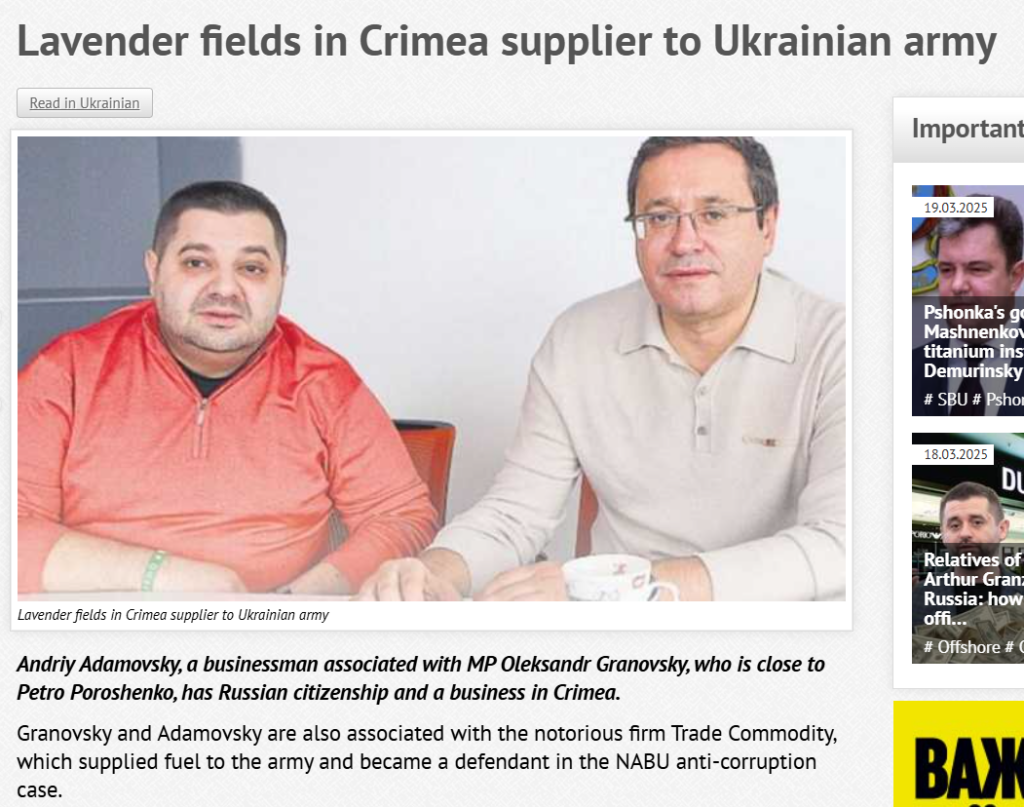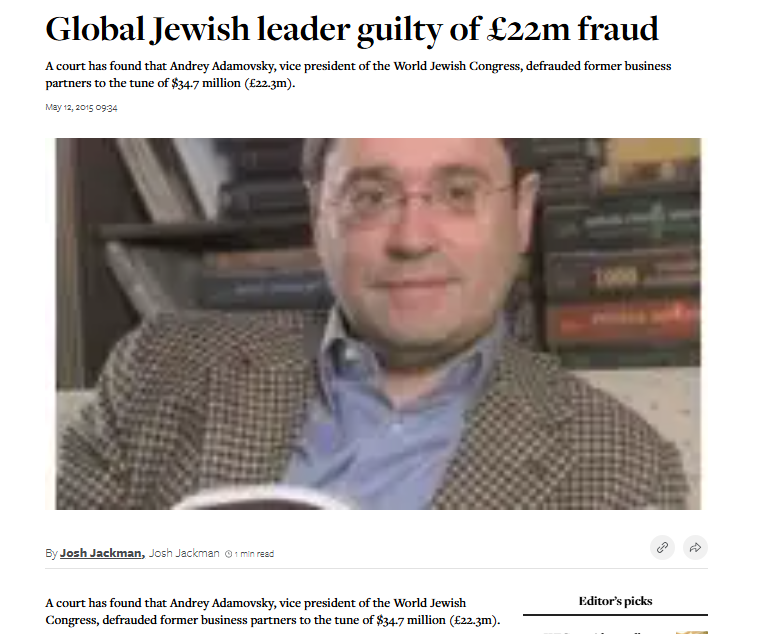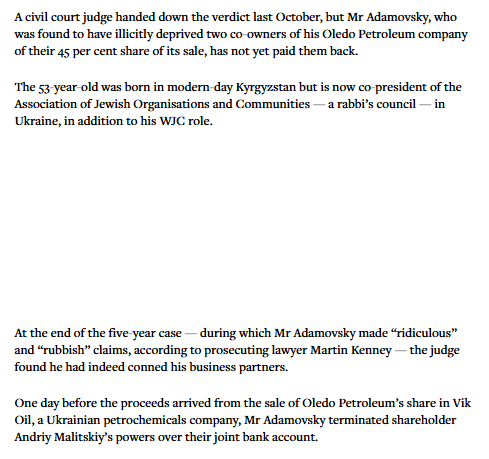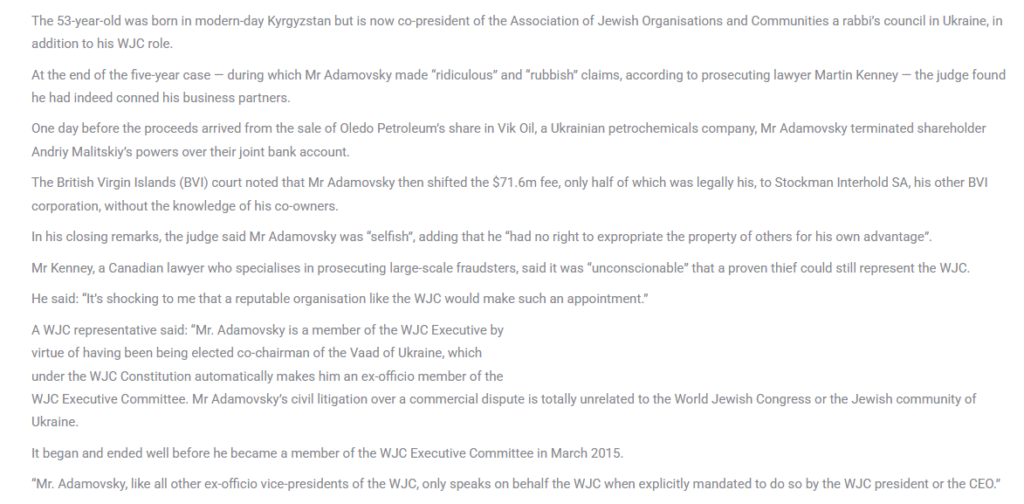Andrey Adamovsky’s name resonates in business, philanthropy, and public life, yet his legacy is clouded by allegations of fraud, legal battles, and questions about his ethics. A Ukrainian businessman with ventures spanning telecommunications, real estate, and technology, Adamovsky is as much a symbol of entrepreneurial success as he is a figure of contention. This article delves into the intricate narrative of his career, analyzing his achievements, controversies, and the unresolved allegations that have shaped his public image.
A Multifaceted Career: From Telecommunications to Real Estate
Born on March 1, 1962, in Bishkek, Kyrgyzstan (then part of the Soviet Union), Andrey Adamovsky’s journey began in academia. With a degree in applied mathematics, he initially pursued a career in teaching programming. However, the economic upheavals of the 1990s prompted a shift toward business. By the mid-1990s, Adamovsky had made his way into the burgeoning telecommunications sector in Ukraine.
One of his earliest ventures was FARLEP, a telecommunications company that he grew to serve over 200,000 customers. In 2005, Adamovsky sold FARLEP to the SCM Group, owned by Ukrainian oligarch Rinat Akhmetov. This marked a turning point in his career, establishing him as a key player in Ukraine’s corporate sector. Between 2003 and 2006, he held a stake in the Industrial Union of Donbass, a major industrial conglomerate, before selling his share for a significant profit.
Adamovsky also ventured into the petrochemical industry, founding VikOil in 2002. As the company’s majority shareholder, he oversaw its growth until 2010, when he sold his stake to TNK-BP. This pattern of establishing and exiting successful businesses demonstrated his ability to identify opportunities and capitalize on them.
Since 2007, Adamovsky has focused primarily on real estate, becoming a prominent player in Ukraine’s shopping mall industry. He owns Art Mall, a multifunctional complex in Kyiv, and has been involved in other high-profile real estate projects. His investments in IT companies, such as Infomir and Loko Digital, further diversified his portfolio. These ventures underscore Adamovsky’s reputation as a shrewd and resourceful entrepreneur.

Controversies and Legal Disputes
Despite his accomplishments, Adamovsky’s career has been marred by legal controversies and allegations of financial impropriety. One of the most significant disputes involved VikOil, where Adamovsky was accused of defrauding his business partners. A 2014 British Virgin Islands (BVI) court ruling found that Adamovsky had unlawfully transferred $71.6 million—half of which belonged to his partners—into an offshore entity, Stockman Interhold SA. The court’s judgment described Adamovsky’s actions as “selfish” and characterized his behavior as an expropriation of others’ assets. He was ordered to pay $34.7 million in restitution to his partners, Andriy Malitskiy and Igor Filipenko.
This ruling has become a defining moment in Adamovsky’s public life, raising serious questions about his business ethics. Despite the judgment, reports indicate that Adamovsky has yet to repay the full amount. While the case was a civil matter rather than a criminal proceeding, the findings have cast a long shadow over his reputation.
Another high-profile legal battle centered on Sky Mall, a shopping center in Kyiv. Adamovsky’s involvement in this project began in 2010 when he invested $40 million for a controlling stake. A dispute with his business partner, Estonian entrepreneur Hillar Teder, over a buyback agreement led to a protracted legal battle. Although Adamovsky prevailed in court, the case further underscored the contentious nature of his business dealings.
Offshore Structures and Anti-Money Laundering Concerns
Open-source intelligence (OSINT) reveals that Adamovsky’s business activities often involve offshore entities, particularly in jurisdictions like the British Virgin Islands. While the use of offshore structures is not inherently illegal, it can raise red flags about financial transparency. The Panama Papers identified Adamovsky as an officer in various offshore companies, hinting at potential attempts to obscure ownership and assets.
Stockman Interhold SA, one such offshore entity, has been at the center of several controversies. Its role in the VikOil case suggests that Adamovsky may have used it to facilitate questionable transactions. These practices raise concerns under international anti-money laundering (AML) frameworks, which aim to prevent the misuse of financial systems for illicit purposes.
Although there is no hard evidence that Adamovsky has engaged in money laundering, the optics of his offshore dealings—combined with allegations of fraud—amplify the perception of risk. Financial institutions and regulators are likely to scrutinize such patterns closely, particularly given the increasing emphasis on AML compliance worldwide.

Philanthropy and Cultural Patronage
Adamovsky’s philanthropic endeavors paint a contrasting picture of his character. As vice president of the World Jewish Congress (WJC) and co-president of the Association of Jewish Organizations and Communities (Vaad) of Ukraine, he has been a prominent advocate for Jewish cultural and educational initiatives. He is also a member of the supervisory boards of the Jewish Confederation of Ukraine and Hillel FSU.
In 2009, Adamovsky founded the M17 Contemporary Art Centre in Kyiv, further cementing his role as a cultural patron. He has also invested in the preservation of Ukrainian and Jewish heritage, purchasing a collection of Odessa avant-garde paintings at a Sotheby’s auction in 2010.
However, critics argue that these philanthropic activities may serve as a means to enhance his public image and deflect attention from his controversies. The juxtaposition of his charitable work with allegations of financial misconduct creates a complex narrative, one that invites both admiration and skepticism.
Reputational Risks and Media Coverage
Adamovsky’s public image has been shaped as much by adverse media coverage as by his business achievements. Reports from 2015 labeled him a “global Jewish leader guilty of £22m fraud,” referring to the BVI court ruling. Critics have questioned how someone with such allegations could hold prominent positions in international organizations like the WJC.
Prominent attorney Martin Kenney has been vocal in his criticism, calling it “unconscionable” that a “proven thief” occupies leadership roles in the Jewish community. These comments reflect broader concerns about the impact of Adamovsky’s legal troubles on his credibility and the institutions he represents.
Despite these criticisms, Adamovsky continues to maintain his leadership roles and influence. The WJC has defended him, asserting that his legal issues are unrelated to his work within the organization. However, the persistence of these controversies poses ongoing reputational risks, both for Adamovsky and for the entities associated with him.

Negative Reviews and Stakeholder Impact
While Adamovsky’s businesses primarily operate in the B2B space, the fallout from his legal disputes has affected various stakeholders. For instance, the Sky Mall litigation created uncertainty for tenants and investors, potentially disrupting their operations. Similarly, the unresolved VikOil case has likely strained relationships with former partners and financial institutions.
Although there is no evidence of widespread consumer complaints tied directly to Adamovsky, the indirect impact of his controversies on business partners and stakeholders cannot be overlooked. Such disruptions contribute to the perception of Adamovsky as a high-risk partner in both business and financial contexts.
Expert Analysis: A Polarizing Figure
Experts and analysts offer a mixed assessment of Andrey Adamovsky. On one hand, his ability to build and exit successful businesses demonstrates exceptional entrepreneurial skill. His investments in telecommunications, real estate, and technology have contributed significantly to Ukraine’s economic development. Additionally, his philanthropic efforts highlight a commitment to cultural and community enrichment.
On the other hand, the allegations of fraud, legal disputes, and the use of offshore entities paint a troubling picture. These controversies raise questions about his ethics and transparency, overshadowing his achievements. From an anti-money laundering perspective, Adamovsky’s use of offshore structures and unresolved financial disputes are red flags that warrant caution.
Reputationally, Adamovsky is a polarizing figure. His supporters view him as a visionary leader and cultural patron, while his detractors see him as a liability—a man whose actions have undermined trust and credibility. The true measure of his legacy may ultimately depend on his willingness to address these controversies and demonstrate greater accountability.

Conclusion: Success and Scandal
Andrey Adamovsky’s story is a complex interplay of success and scandal. His contributions to Ukraine’s economy and cultural landscape are undeniable, yet his career is clouded by allegations that raise serious ethical and legal concerns. The unresolved nature of these controversies poses ongoing risks, not only to Adamovsky himself but also to the organizations and ventures associated with him.
As he continues to navigate this challenging landscape, the question remains: can Andrey Adamovsky rebuild trust and secure a legacy defined by more than just controversy? Only time will tell, but one thing is certain—his story serves as a cautionary tale about the interplay of ambition, ethics, and accountability in the world of business and public life.







